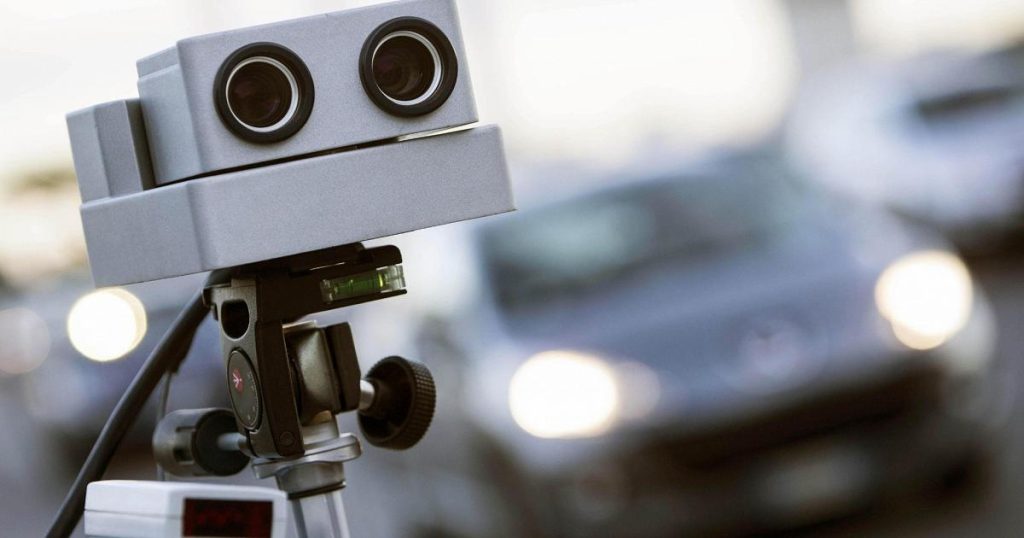The recent ruling by the Cassation Court 10505, regarding the cancellation of a speeding ticket issued by an unapproved speed camera to a driver from Treviso, could have significant implications for many municipalities and bring joy to citizens. The court explained that every speed camera must display the number and date of the ministerial decree of approval or authorization, as well as the manufacturer’s name. This decision could open the door for successful appeals against fines for speeding, but it requires access to official documents for verification. While the ruling does not have the force of law, it may lead to a more uniform application of similar cases in the future.
According to legal experts, the interpretation of the Code of the Road by the Ministry of Transport, which equated the terms “approval” and “authorization,” has been overturned by the court’s decision. However, drivers who have already paid fines or missed the appeal deadline cannot benefit from this ruling. To determine the validity of a speeding ticket, drivers should carefully review the notification received and check for evidence of approval or authorization of the speed camera. Only approved devices can issue fines correctly, and discrepancies between these terms can potentially lead to successful challenges of fines.
To contest a fine based on the lack of official approval of a speed camera, drivers must request access to the technical specifications of the device from the municipality that installed it. This process is complex and does not guarantee automatic cancellation of fines. Critics warn that the court’s decision could be misinterpreted as a rejection of automated speed detection tools and encourage reckless driving. Despite the implications of the ruling, safety on the roads remains a priority, and drivers should adhere to speed limits and traffic regulations to avoid fines and accidents.
The process of appealing a speeding ticket is free, and no stamp duty is required upfront. However, if the appeal is unsuccessful, the fine doubles. The expenses incurred by the appellant are waived if the appeal is successful, and the municipality is responsible for reimbursing stamp duties and legal fees. Failure to pay fines can result in additional penalties and interest charges, so it is essential to follow the proper procedure. Appeals must be submitted to the Prefect within 60 days of receiving the ticket, or within 30 days if opting for the Justice of Peace court.
In cases brought before the Justice of Peace court, technical assessments can be requested to challenge the accuracy of the speed camera. Drivers may discover that an unapproved device was also faulty, which could strengthen their case. The Code of the Road allows for a margin of error in speed measurements, with tolerances of 5 km/h up to 100 km/h and 5% above that speed. Additionally, rounding down decimals is required, in addition to the 5% tolerance. Despite potential loopholes in the system, drivers are encouraged to drive responsibly and comply with road regulations to avoid fines and legal complications.


